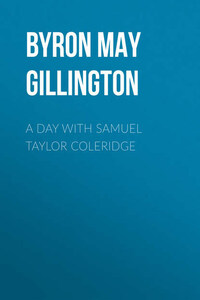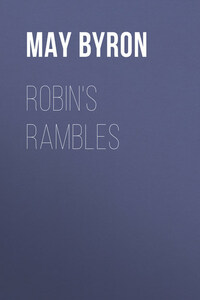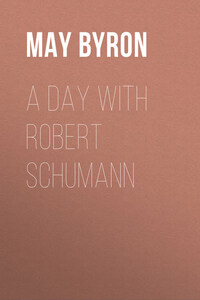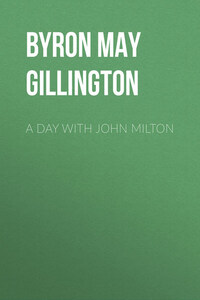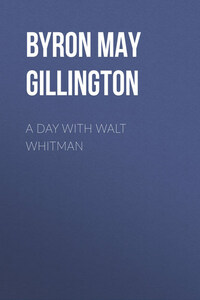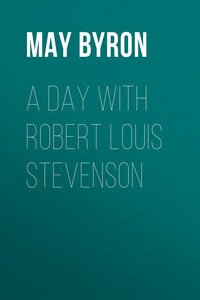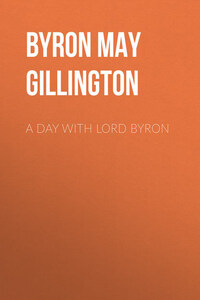IN a beautiful part of beautiful Somerset, where the "soft orchard and cottage scenery" is dimpled between blue hillslopes, where meadows and woods and translucent streams compete with each other in charm, – in the lovely region of the Quantock hills, lies the quiet little market-village of Nether Stowey. About sunrise on a May morning of 1790, a young man awoke in a little wayside cottage there: and, resolutely thrusting back his natural inclination to indolence, rose and dressed, and set himself to the performance of such humble duties as devolve upon a very poor householder with a wife and child.
Samuel Taylor Coleridge was in his twenty-sixth year: pale, stoutish, black-haired: not an immediately attractive man. His face, according to himself, bore evidence of "great sloth and great, indeed almost idiotic, good nature: … a mere carcase of a face; fat, flabby, and expressive chiefly of inexpressions," with a wide, thick-lipped, always-open mouth, and small feeble nose. Yet it was capable of being roused, on occasion, to something akin to nobility and beauty, and redeemed by the animation of his full, grey eyes. It was a face, in short, to match his general appearance, which he dismissed as that of "indolence capable of energies," and Carlyle characterised as "weakness under possibility of strength."
For this was a man who was consistent in his faults as in his virtues: "always conscious of power, but also conscious of want of will to use his power." And it was therefore with re-doubled vigour, this particular morning, that he put on a spurt, and threw unusual force into his chopping of firewood, – his somewhat clumsy attempts to clean up the cottage, with its poor accommodation and few utensils, – and his valiant if ineffectual endeavours to have the fire lighted and the modest meal en route, whilst his wife, up the ladder stairs, attended to herself and the baby.
Between-whiles he cast admiring glances of the most ardent delight at his garden of an acre and a half, and its glowing mass of apple-bloom, – and at all the luscious greeneries of the May world without. These glimpses into "opening Paradise" went far to compensate him for his determination to keep no servant, but to be maid-of-all-work, and nurse if need be, himself. They ministered to that spirit of contemplation which was the ruling spirit of his life: they were the very texture of dreams…
Soon Sara Coleridge descended and took her share in the domestic preparations. She found fault, after a quick vivacious fashion, with her husband's futile efforts and perplexities. She was the typical incompatible wife for a poet: not only, socially speaking, his inferior, but naturally incapable of sharing his dreams or sympathising with his studies. Yet she was an honest and good-hearted woman; and perhaps, now and then, she felt a certain lack of human warmth in the warmest of human relationships. For there was a tepid quality about Coleridge's affections and his expression of them: fire and fervour were utterly unknown to his pensive, tender, gentle methods. He had no intensity or passion, either in love or friendship: his feelings were steadfast and of an unblemished purity, yet the very fact that they knew neither ebb nor flow, but were always maintained at a calm level, might jar upon the inscrutable mind of a woman. One might almost imagine, as Sara bustled to and fro and scolded her husband with the volubility of a squirrel, that she was anxious to urge him, if but for one moment, out of his invariable laisser faire of amiability… But no: he remained as placid, as good tempered, as cheerful as ever.
Presently another member of the household appeared, Coleridge's pupil and paying-guest, – worth a precious £70 a year to the lean exchequer, – one Charles Lloyd. He was a young bank-clerk who had poetry on the brain, and found himself ill-attuned to the drudgery of keeping his father's ledgers. He was also subject to epileptic fits, which did not conduce either to poetizing or banking with success. What he expected to learn from Coleridge, it is hard to say: certainly his curriculum included a good many hardships, makeshifts and contretemps to which he had never looked forward. His instructor, however, had not deceived him as to the hybrid nature of his present occupation. Coleridge had deliberately set himself down at Nether Stowey to be near his friend Tom Poole, and to support himself by "a mixture of literature and husbandry." He proposed to make some £60 per annum by reviewing and magazine work: he had an offer from Cottle, the Bristol publisher, for as much verse as he chose to write, at terms working out somewhere near fourpence a line, – and for the rest, "I would rather," he declared, "be an expert self-maintaining gardener than a Milton, for I could not unite both. I mean to raise the vegetables for myself and wife, and feed a couple of snouted and grunting cousins from the refuse. My evenings I shall devote to literature." – "And what," enquired Charles Lamb after hearing of this desperate undertaking, "what does your worship know about farming?" But Coleridge was not to be discouraged. He allowed his natural unfitness for the task – "I am, and ever have been, a great reader, and have read almost everything… I am
